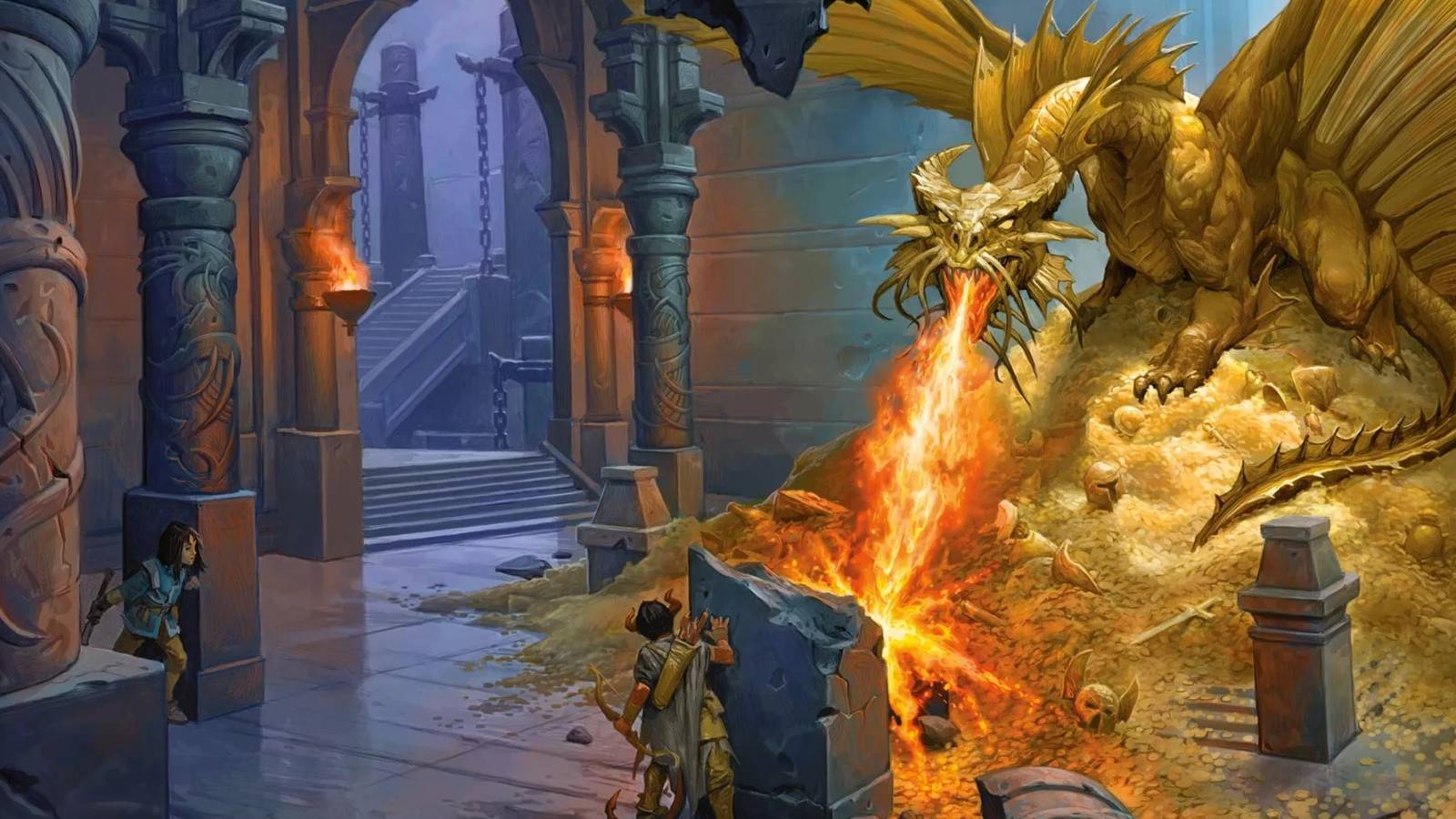BA is a crutch for mathematically-challenged groups who can't navigate big numbers. That was the complaint coming from so many people, right?
Oh, by the way, this is insulting, and also not generally correct.
The issue wasn't just "barrier to entry". It was also (indeed more) burden to play, even well past entry.
And don't give us that "mathematically-challenged groups" crud. I am a physicist - in no way mathematically-challenged, I assure you - and I found upper-level 3e too moribund with its modifiers to be much fun in combat action.



